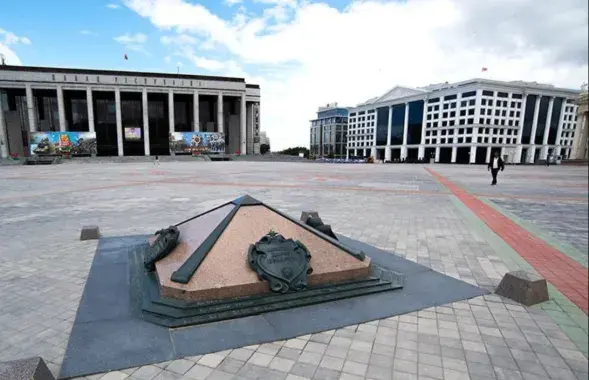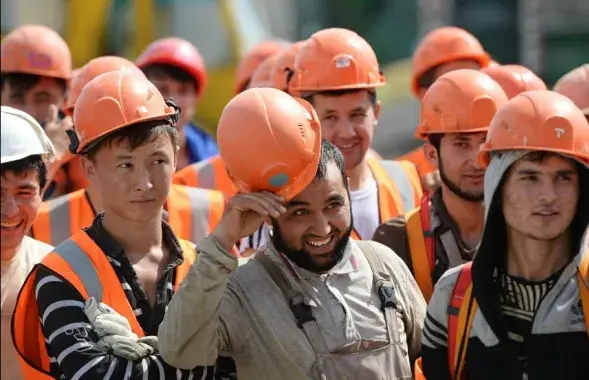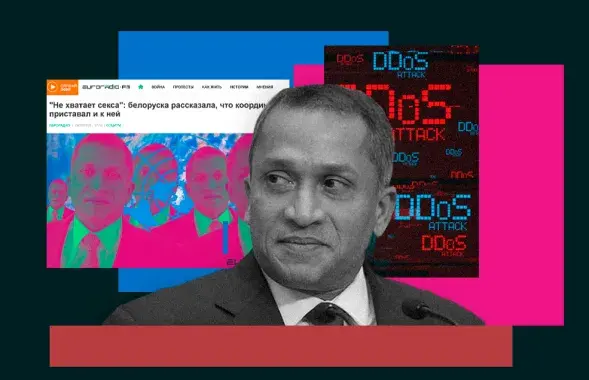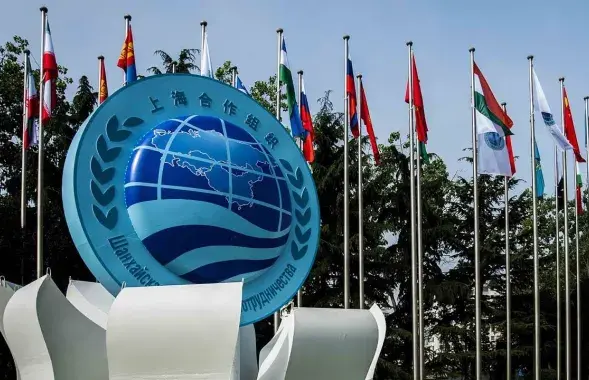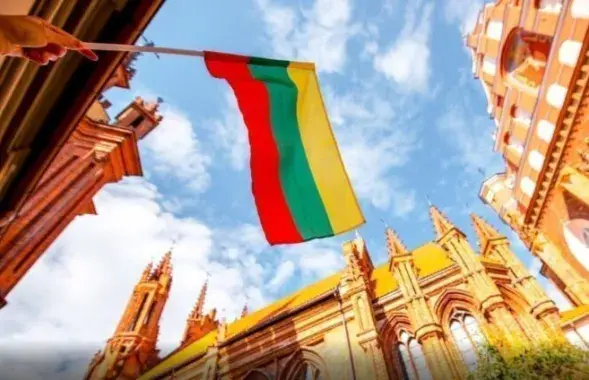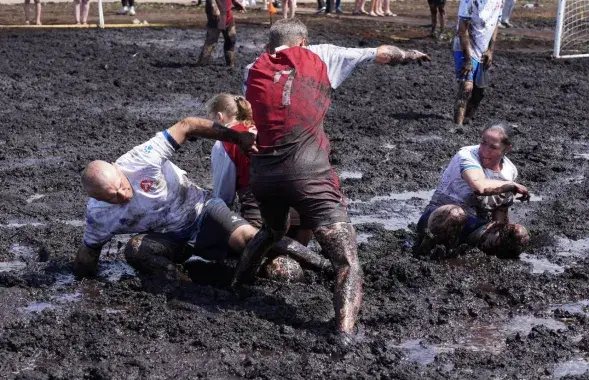Severin: Too many alternative candidates are the same as none
The UN special rapporteur on human rights in Belarus, ex-President of the PA OSCE Adrian Severin has told in the exclusive interview to Euroradio, why the Euron
Adrian Severin is a well-known politician and expert with a huge
experience of work in different international organizations. In
2004-2007 he served as the UN special rapporteur on human rights in
Belarus. The Romanian politician also was the PACE deputy, a Chairman of
the special working group on Belarus in the OSCE Parliamentary
Assembly, and tthe President and Honorary President of PA OSCE.
At present, Adrian Severin
is one of the most influental deputies of the European Parliament, the
Vice-Chairman of the second most influental political group - the
Progressive Alliance of Socialists and Democrats.
Mister
Severin, what is the position of the Group of Socialists and Democrats
with regard to the Parliamentary Assembly Euronest and Belarus'
participation in it?
The Euronest has never been planned to
be an authority to discuss human rights issues, it has been created as a
political platform for dialogue between the EU and its Eastern
neighbours. Belarus has been one of the reasons for creation of the
Euronest, as it does not participate in any other authorities like this.
As the Euronest has been created also specially for Belarus, we cannot
leave Belarus behind - the point of the Euronest's existence will be
lost in this case.
That means, the Group of Socialists and Democrats supports the idea of participation of deputies of Parliament in the Euronest?
I
think we should base on the real situation. The reality is as follows:
Belarus has its' parliamentary organ, elected in accordance with other,
not European, standards. We do not necessarily respect such
circumstances, but we should at least try to work together, to find some
common interests.
Truly, Belarus is a separate case. Its'
political system differs from the EU countries. The question is, whether
countries with different political systems can have common interests? I
think they can. Moreover, we support the idea that the opposition and
the civic society of Belarus should also be presented in the Euronest.
Why
Belarusian authorities do not hurry to abolish death penalty, or, at
least, introduce a moratorium, to obtain the guest status in PACE?
I
suppose that's the passivity of thinking of the leaders of the country,
sort of conservative reflex. The US also have it - they don't abolish
death penalty either.
The Councuil of Europe defends human
rights, democracy standards and supremacy of Law in Europe. So, if PACE
asks to abolish death penalty, it makes sense, as Belarus wants to enter
the organization. You cannot be a club member if you don't follow club
rules.
The Council of Europe has prolonged and at the same
time suspended sanctions against a series of Belarusian officials on
October 25. How effective are sanctions in relations with Belarus?
It
is obvious they do not work. Naturally, we can keep them, counting on
time to solve the problems. But there is a possibility not everything
can be solved by time. If pressure gives no effect we should find
another approach. Not to cancel the pressure at all, but not to deny
other means of reaching our goal also. And our goal is free Belarusian
society with respect to human rights.
What is the position of
the Group of Socialists and Democrats with regard to macroeconomic
support of Belarus by the European credit instruments?
Why do
we limit programs of development for Belarus? We think that Belarusian
government would not be able to give the necessary development to the
society and accept our terms, for money.
However, sanctions and
refusal from economic support did not cause any political changes in
Belarus. Thus, it is necessary to find a more reasonable approach.
There's no point knocking at the closed door over and over again - it is
better to try and find another way to enter the house.
Economic
development accelerates the level of security and stability in the
country, which creates a more advantageous situation for development of
freedoms and democracy. And vice versa - less security - more limits to
rights and freedoms, and democracy. We should try to help the country to
develop, and then the better economic situation will lead to
development of democracy and freedoms.
How big a challenge are these elections for Lukashenka?
An
active leader of the country which is not in a deep social and economic
crisis, with a dozen of opponents, should not have difficulties to win.
It is important to take into consideration that when the opposition
with the large "O" cannot nominate a single alternative, and the society
is not desperate, the life is not unbearable, voters tend to keep the
status quo. I would say that's a copy-book maxim.
As an unbiased
observer outside Belarus, I am convinced the country needs changes, it
needs further development. However, let us imagine I am a Belarusian
citizen residing in the country. Life conditions are not excellent, but
not horrible either. In such situation it would be difficult for me to
choose among a dozen of candidates, and I would probably think it's
unreasonable to risk what I have now.
The opposition in not
united and it is responsible for that itself. We can only give advice.
The elections date is getting closer, and I don't know whether the
opposition has time to suggest a decent united alternative. I think
there should be one - citizens should have choice. If there is no
alternative, it's too bad. It's also not good when there are too many
alternatives. Too many is the same as none. Thus, Belarusian political
elite should decide whether they want to provide the citizens with an
alternative.
